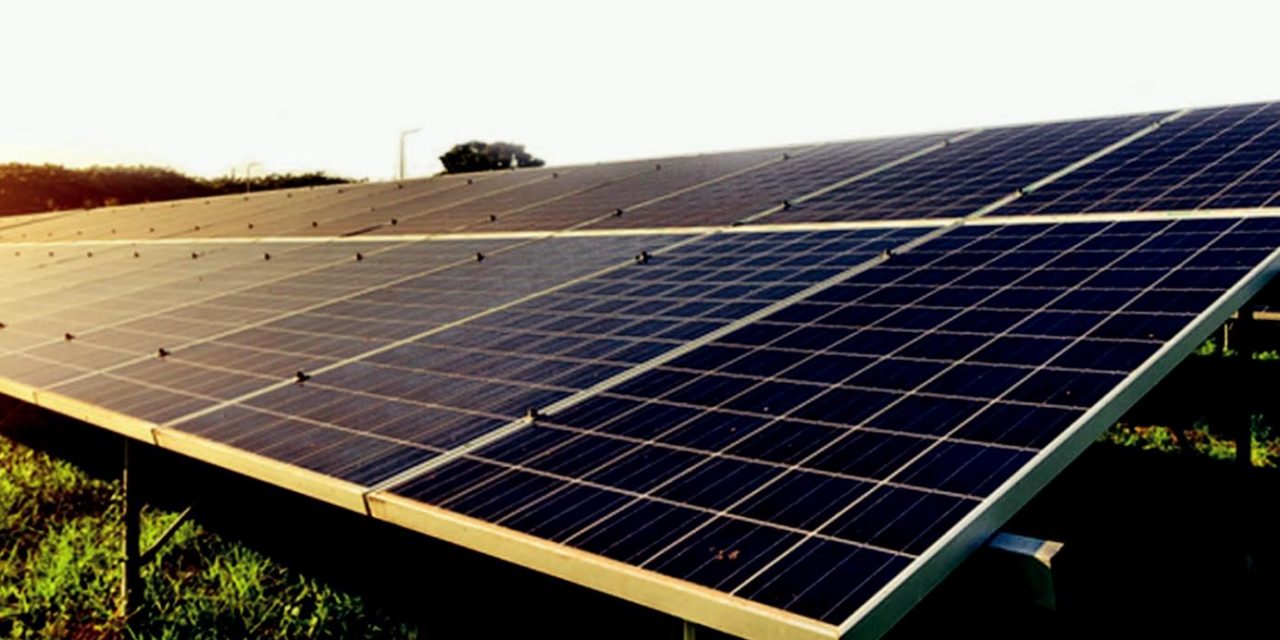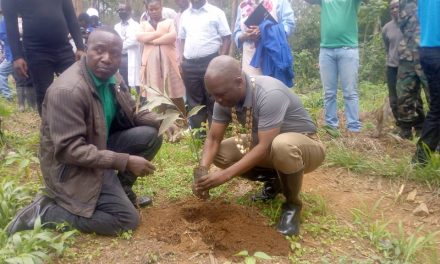
MERA To Boost In Energy Provision In Malawi

The Malawi Energy Regulatory Authority (MERA) has urged people in the country to put much emphasis on the use of the of Liquefied Petroleum Gas (LPG) as a way of easing up the electricity provision in households and industrial
level.
This comes following the increase by 11 percent on March 30 2021, in the electricity tariffs in an effort to conserve
the environment in the country. However, the hike has shocked and got people worried on how it will help the country to improve its economy.
In her response MERA Consumer Affair and Public Relations Manager Fitina Khonje said the average electricity tariff is every four years following extensive consultations including public hearings. The current tariff regime came into effect in October 2018 and will run up to 2022.
“The whole purpose is to increase the performance of Electricity Supply Corporation of Malawi (ESCOM) hence
the provision on a monthly basis, MERA conducts a review of the electricity tariff in order to restore the value of the tariff. The main factors that are considered are the exchange rate and the Consumer Price Index which leads to in crease of the electricity,” she said.
In tariff setting MERA ensures that the tariff reflects the least cost of service and can sustain the operations of the
licensee for a continued supply to the consumer. Giving more elucidation to insight Bulletin on the use of LPG Khonje said the gas is a cleaner burning fuel that is convenient fast and reliable hence there is an increase in consumer interest in gas.
“It is indeed a tried and tested very smart choice. To increase access to LPG, we are finalizing the relaxation of requirements for entry into the business. For instance, the annual retailing fee will be MK20,000 from MK500,000 and the minimum size of premises for LPG retailing will be 5X5 metres. As a country we should be moving towards having more outlets in the locations as is the case in other countries, with a number of households converting into the use of gas we should expect lower load shedding in the country,” she said.
Since its establishment, MERA has been on mandate to control the provision of energy in the country since 2004
following the Parliamentary Act in a form of fair, transparent, efficient and cost-effective manner for the benefit of
the consumers and operators.
Khonje further said the organization regulations also tackle the fuel and gas sector. Regulated activities in the fuel sector include, importation, transportation, storage wholesaling and retailing of liquid fuels and gas. MERA has also clarified on its operation as it is not run for any political affiliation but values stakeholders’ input and feedback for transparency in decision making. The response comes in as different political parties claim in having an import on making changes to prices of electricity, fuel and gas.
Khonje added that fuel pricing is usually controlled by the application of the Automatic Pricing Mechanism (APM) in determination of retail prices for petroleum products entails that retail prices respond to movements in the prices as monitored on the world market and the exchange rate of Malawi Kwacha against major trading currencies. The APM ensures full cost recovery and hence a steady supply of petroleum products.
“In order to ensure that petroleum products are accessible to all Malawians including those in remote areas, there
is a Distribution Margin Fund. The Fund is designed to allow Oil Marketing Companies recover delivery costs incurred for any allowable distance. To ease the cost burden on investors/ developers against the limited demand
for fuel in rural areas, MERA developed guidelines and requirements for rural fuel retail stations,” she enlightened































